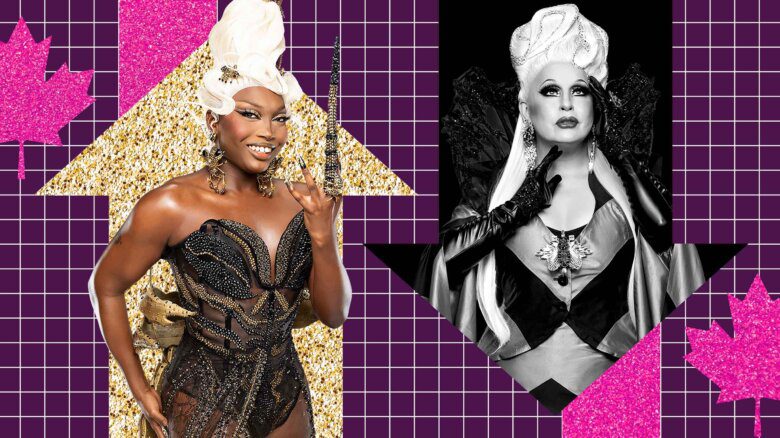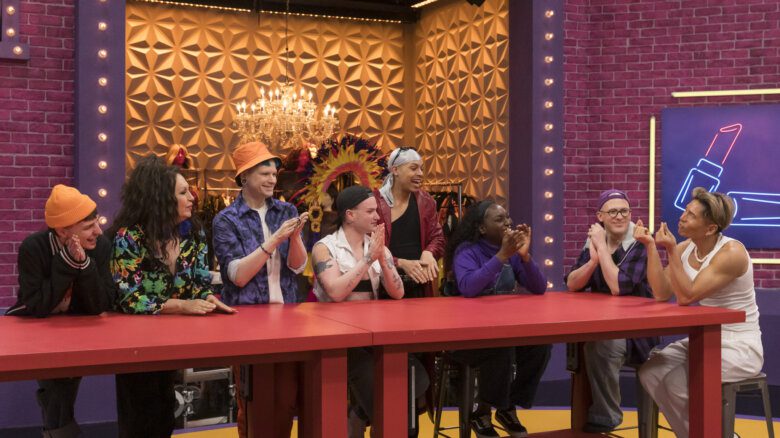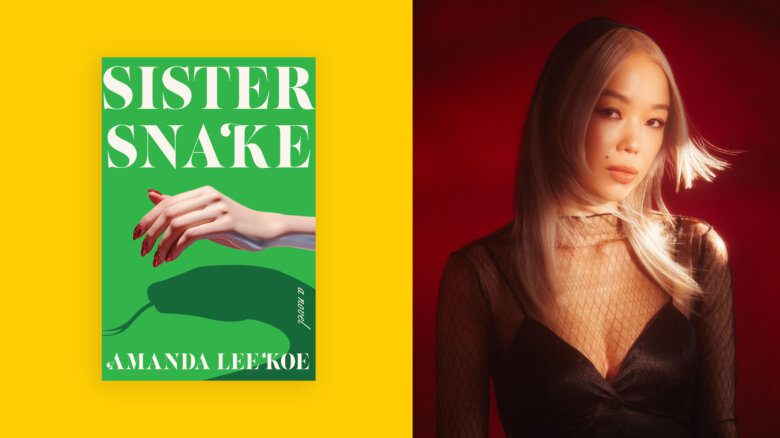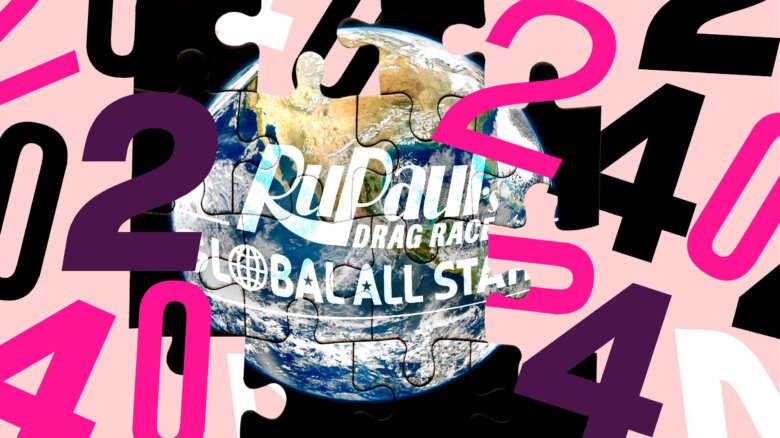For the past five years, Michelle Fortin’s Pride weekend has been too consumed by her Dyke March duties to partake in many festivities.
This year, having completed her last term as Dyke March president on March 1, she’s eager to participate in the celebrations she’s missed.
“The last couple of years I wanted to go to Man Up and haven’t been able to. This year, I can walk in the trans march, and go to the Davie Street party. Maybe Swirl and Chicas,” she lists off. “I might even get a hotel room — that’s an idea!”
This isn’t to say that Fortin, now a grand marshal in this year’s Pride parade, hasn’t loved taking a leadership role. She’s always been drawn to helping out, she says.
“I don’t actually believe in altruism. I think you always get something out of what you do. When I volunteer, I know that I’m doing it because it feeds my soul,” she says. “I enjoy knowing that something I’ve done, or put energy into, gives voice or joy, or is a good experience to other people. It just feels really good.”
Looking back on her work with the Dyke March, she thinks about some of the women who have joined, and the opinions that continue to shift around the event’s name.
With fewer and fewer women identifying as a dyke or even as a lesbian (preferring instead the broader term “queer”), there was talk of rebranding, she says.
Fortin admits that she isn’t the biggest fan of the word “dyke” herself, but there is no denying its history and the power of reclaiming it, she says.
So far, the public seems to agree, and the march continues under the Vancouver Dyke March banner.
“As in all communities, there are people who have different ideas about what is progress, or how we stand out, or how we connect and join with other things,” Fortin says.
One thing that has remained consistent is the need for a space to celebrate queer women, she says. The march was created, in part, to counteract what’s considered by many to be a male-centric Pride parade.
“In the early years, the Pride Society was not reflective or representative of women in the community,” Fortin says. She says she still sees that divide, though it is often subtle erasure, not a purposeful exclusion.
“I’ve experienced some really lovely men in the queer community who are very kind and respectful of me, but they still need to be reminded that is ‘and women.’ It’s stuff like that that makes me say, ‘okay, I’m gonna stick around and be active in the community,’ because I know there are people in position of power who don’t fucking get it.”
While Fortin doesn’t plan on stepping entirely to the sidelines, she has made a very conscious decision to step down for now. She hopes her departure will create room for someone new to come in and switch it all up, and keep the Dyke March reflective of the community.
As for this year, look for her pausing to soak up the community’s celebrations. “Pride is an opportunity to enjoy and to be prideful and to celebrate, but it is also an opportunity to recognize the work that it takes to bring people together and create that space. I want to be part of the party more than the work!” she says.
This profile is the second in a three-part series on Vancouver Pride’s 2015 grand marshals. Read our first profile on Roan Reimer here and our second profile on Romi Chandra Herbert here.
The Vancouver Pride parade will take place on Sunday, Aug 2, 2015 from noon to 3pm. For more information go to vancouverpride.ca
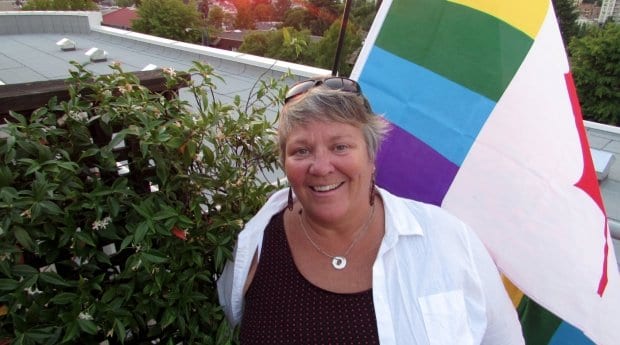
 Why you can trust Xtra
Why you can trust Xtra